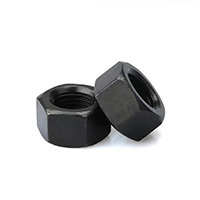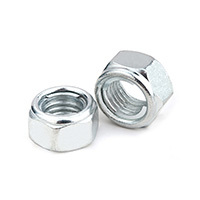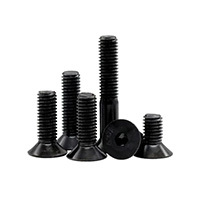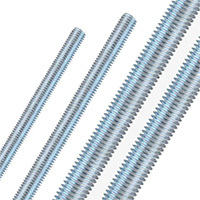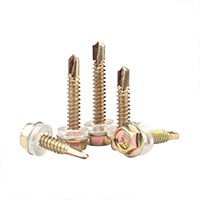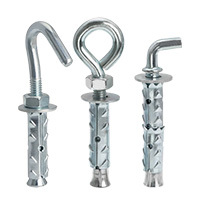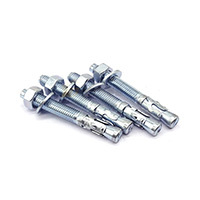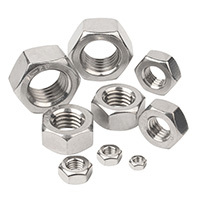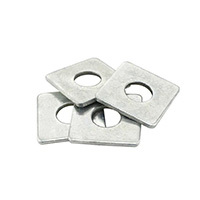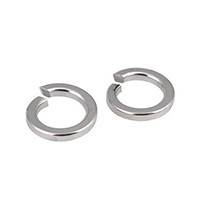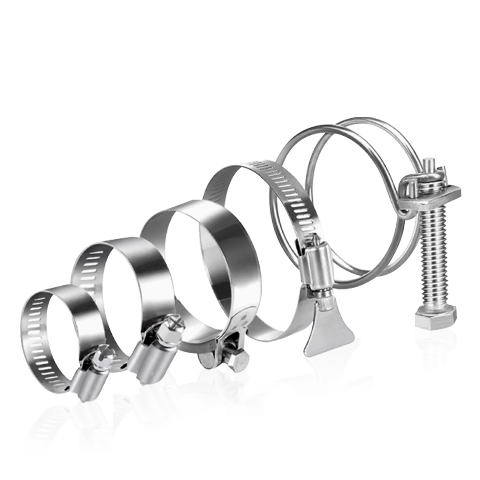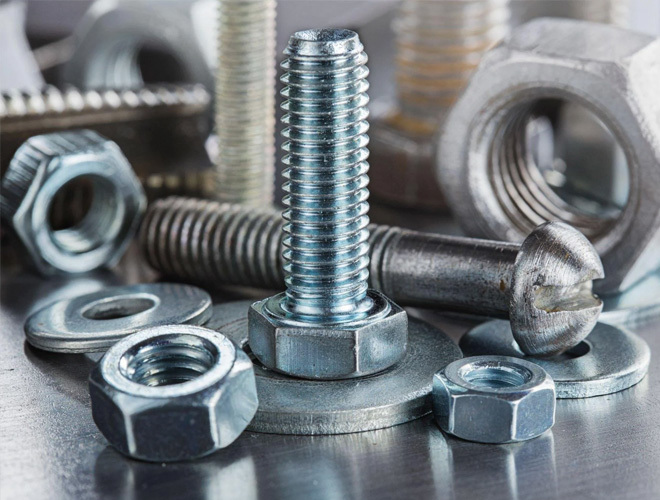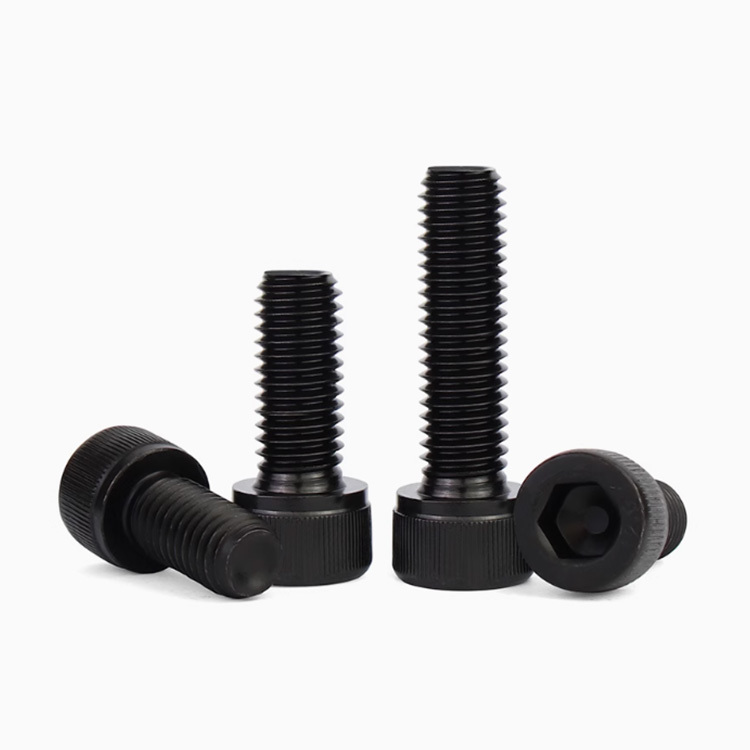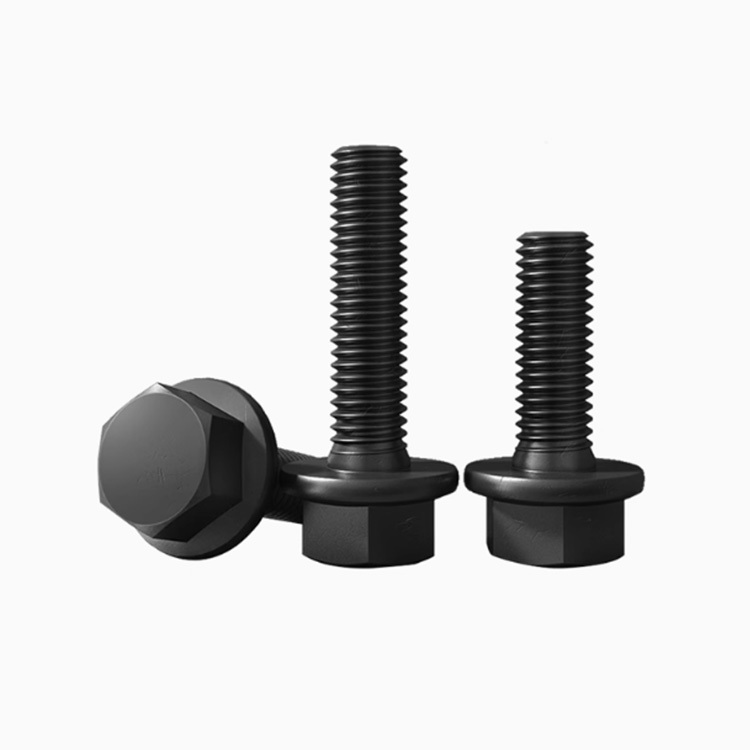Stainless Steel Bolts vs. Traditional Fasteners: A Comprehensive Comparison
Apr 12,2025
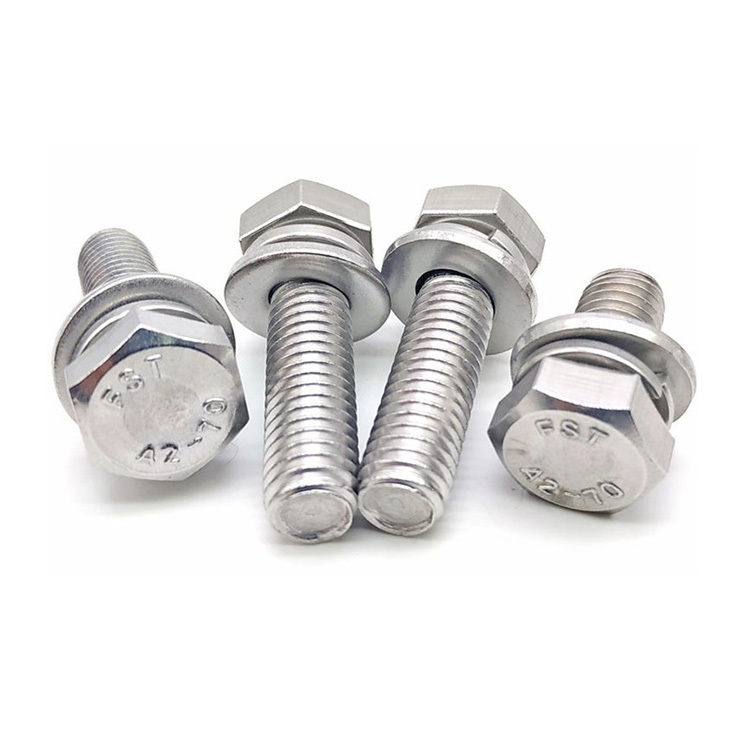
Stainless Steel Bolts vs. Traditional Fasteners: A Comprehensive Comparison
Table of Contents
- 1. Introduction
- 2. Understanding Fasteners: An Overview
- 3. What Are Stainless Steel Bolts?
- 4. Advantages of Stainless Steel Bolts
- 5. Traditional Fasteners: Definition and Types
- 6. Advantages of Traditional Fasteners
- 7. Stainless Steel vs. Traditional Fasteners: Key Comparisons
- 8. Applications and Usage of Fasteners in Various Industries
- 9. Conclusion
- 10. Frequently Asked Questions
1. Introduction
Fasteners play a crucial role in countless industrial applications, providing the necessary connection and support between components. Among the myriad options available, **stainless steel bolts** and **traditional fasteners** stand out as two prominent choices. But what sets these fasteners apart? In this comprehensive comparison, we will delve into the characteristics, benefits, and applications of stainless steel bolts and traditional fasteners. By the end, you’ll be equipped with the knowledge necessary to choose the right fastener for your specific needs.
2. Understanding Fasteners: An Overview
Fasteners are hardware devices that mechanically join or affix two or more components together. They come in various shapes, sizes, and materials, each designed to fulfill specific requirements. The choice of fastener material is critical, as it can significantly impact the strength, durability, and longevity of the connection.
**Traditional fasteners** mainly consist of materials such as carbon steel, brass, and aluminum, while **stainless steel bolts** are crafted from an alloy that primarily includes iron, chromium, and nickel, offering unique advantages.
3. What Are Stainless Steel Bolts?
Stainless steel bolts are fasteners made from stainless steel, known for its resistance to corrosion, rust, and staining. The primary alloying element, chromium, creates a passive layer of chromium oxide on the surface, protecting the metal from oxidation. Stainless steel bolts come in various grades, each with unique mechanical properties, making them suitable for diverse applications.
The most commonly used grades include:
- **304 Stainless Steel**: Known for its excellent corrosion resistance and formability, ideal for food processing and chemical applications.
- **316 Stainless Steel**: Offers superior corrosion resistance, especially in marine environments, making it the preferred choice for coastal applications.
4. Advantages of Stainless Steel Bolts
The benefits of using stainless steel bolts over traditional fasteners are numerous:
4.1 Corrosion Resistance
Stainless steel bolts provide exceptional resistance to rust and corrosion, even in harsh environmental conditions. This property makes them ideal for outdoor applications or in environments where exposure to moisture or chemicals is frequent.
4.2 High Strength and Durability
Stainless steel bolts exhibit outstanding tensile strength and durability, making them suitable for heavy-duty applications. Their robust construction ensures they can withstand significant loads without bending or breaking.
4.3 Aesthetic Appeal
The sleek, shiny appearance of stainless steel bolts enhances the overall aesthetic of a finished product. This quality makes them popular for visible applications where appearance matters.
4.4 Low Maintenance Costs
Due to their resistance to corrosion, stainless steel bolts require minimal maintenance, reducing long-term costs associated with replacements and repairs.
5. Traditional Fasteners: Definition and Types
Traditional fasteners encompass a wide variety of hardware components, including bolts, screws, nuts, and washers, typically made from materials like carbon steel or brass. These fasteners are categorized into several types:
5.1 Carbon Steel Fasteners
Carbon steel fasteners are robust and widely used in construction and manufacturing. They are less expensive compared to stainless steel but may require protective coatings to prevent rust.
5.2 Brass Fasteners
Brass fasteners are known for their excellent electrical conductivity and resistance to corrosion. They are commonly used in plumbing and electrical applications.
5.3 Aluminum Fasteners
Aluminum fasteners are lightweight and resistant to corrosion, making them suitable for applications where weight is a consideration, such as aerospace.
6. Advantages of Traditional Fasteners
While stainless steel bolts have their advantages, traditional fasteners also offer distinct benefits:
6.1 Cost-Effective
Traditional fasteners, particularly those made from carbon steel, tend to be more affordable, making them an attractive option for budget-conscious projects.
6.2 Versatility
With a variety of materials and types available, traditional fasteners can be tailored to meet specific application requirements, providing flexibility in design and function.
6.3 Availability
Traditional fasteners are widely available and can be easily sourced from suppliers, ensuring that replacements and additional components can be obtained quickly.
7. Stainless Steel vs. Traditional Fasteners: Key Comparisons
When comparing stainless steel bolts to traditional fasteners, several crucial factors come into play:
7.1 Corrosion Resistance
As previously highlighted, stainless steel bolts excel in corrosion resistance, while traditional carbon steel fasteners may rust if not treated or coated.
7.2 Strength and Load-Bearing Capacity
Stainless steel bolts generally provide higher tensile strength and durability than their traditional counterparts, making them safer for high-load applications.
7.3 Cost Considerations
While traditional fasteners may be less expensive upfront, the long-term costs associated with maintenance and replacement due to corrosion can outweigh the initial savings.
7.4 Aesthetic Qualities
Stainless steel bolts offer a visually appealing finish that is often preferred for exposed applications, while traditional fasteners may not provide the same aesthetic value.
7.5 Application Suitability
Certain applications, such as marine or chemical processing, necessitate the use of stainless steel due to its superior properties, whereas traditional fasteners may suffice in less demanding environments.
8. Applications and Usage of Fasteners in Various Industries
Understanding the diverse applications of both fastener types can inform your decision-making process:
8.1 Construction
Both stainless steel bolts and traditional fasteners are extensively used in construction. However, stainless steel is often favored in structures exposed to moisture, such as bridges and coastal buildings.
8.2 Automotive
In the automotive industry, stainless steel bolts are used in areas requiring corrosion resistance, while traditional fasteners are commonly employed in less critical applications.
8.4 Marine
In marine applications, stainless steel bolts are a must due to their resistance to saltwater corrosion. Traditional fasteners are rarely used in this environment.
8.5 Electronics
Brass and aluminum fasteners are often utilized in electronic applications due to their conductive properties, while stainless steel bolts can be used where strength and corrosion resistance are vital.
9. Conclusion
In conclusion, the choice between **stainless steel bolts** and **traditional fasteners** is paramount and should be based on the specific requirements of your project. While traditional fasteners offer cost-effective solutions for many applications, stainless steel bolts provide unparalleled resistance to corrosion, durability, and aesthetic appeal. By understanding the unique characteristics of each fastener type, we can make informed decisions that enhance the performance and longevity of our industrial projects.
10. Frequently Asked Questions
10.1 What are the main advantages of using stainless steel bolts?
Stainless steel bolts offer high corrosion resistance, exceptional strength, low maintenance requirements, and an appealing aesthetic.
10.2 Can traditional fasteners be used in outdoor applications?
Yes, traditional fasteners can be used outdoors, but they may require protective coatings to prevent rust and corrosion.
10.3 Are stainless steel bolts more expensive than traditional fasteners?
Yes, stainless steel bolts generally have a higher initial cost; however, their long-term durability can offset this expense.
10.4 Which fasteners are best for marine environments?
Stainless steel bolts are the best choice for marine environments due to their superior resistance to saltwater corrosion.
10.5 How do I choose between stainless steel bolts and traditional fasteners for my project?
Consider factors such as environmental conditions, load requirements, budget, and aesthetic preferences when choosing the appropriate fastener for your project.
Hot Tags:
PREVIOUS:
NEXT:
Contact
E-mail:
Phone:
Address:
Yongnian Southwest Development Zone, Handan City, Hebei Province
PRODUCT SEARCH
Search And Quickly Find The Products You Need
The company has a modern production workshop and a professional technical team. It has introduced advanced automated production equipment from home and abroad, strictly controls every production link, is customer-centric, and is committed to providing customers with high-quality products and services.
Continue Search OR Customize Products



